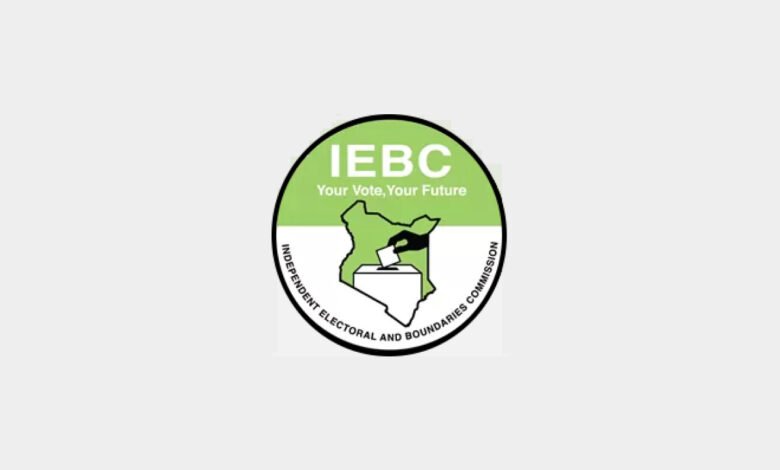
When Kenyans head to register as voters ahead of the 2027 General Elections, they will be met with a process unlike any before. For the first time in the country’s electoral history, iris recognition will be used alongside fingerprints and ID scans, signaling a bold step into high-tech elections and sparking fresh debates about privacy.
Aiming for 6.3 million new voters
The Independent Electoral and Boundaries Commission (IEBC) launched the nationwide Continuous Voter Registration (CVR) exercise targeting 6.3 million new voters. The drive will run across all constituencies and later extend to the ward level.
To boost accessibility, IEBC has expanded registration points. Each constituency will now be equipped with four biometric kits: two for local voters, one for out-of-area registrations, and a special “Gen-Z friendly” kit designed to appeal to younger citizens. Additionally, Kenyans will soon be able to register at Huduma Centres nationwide, making registration easy without traveling long distances.
How the New Process Works
The process begins with voters handing over their national ID to officials, who scan it to automatically capture key details such as name, ID number, date of birth, and gender. This automation replaces manual data entry, which was prone to errors and misspellings in past elections.
Next, officials record literacy levels, disability status, and special needs before voters select their preferred polling station and ward. The final step involves capturing biometric data: fingerprints, a passport photo, and now, iris scans. According to IEBC, the entire process should take no more than 10 minutes, and even less for tech-savvy applicants.
Why Iris Data Matters
Iris recognition is considered one of the most reliable biometric identifiers. Unlike fingerprints, which can fade due to age or manual labor, iris patterns remain stable for life and are extremely difficult to forge. This makes them a powerful tool against voter duplication, impersonation, and ghost registrations which have frequently caused problems in Kenya’s electoral history.
However, the introduction of iris scans has stirred concerns. Civil rights groups warn that iris data is deeply personal and irreversible, unlike passwords or ID numbers that can be reset. Questions remain about how IEBC will store, encrypt, and protect this data, especially given Kenya’s uneven record on enforcing data protection laws.
Balancing Trust and Technology
Globally, countries like India and Ghana have experimented with iris scans in civic registration, achieving stronger identity verification but also facing backlash over privacy and surveillance fears. Kenya’s rollout is already showing signs of mistrust, with low turnout reported on the first day of registration as some citizens hesitated to provide such sensitive information.
For IEBC, the challenge now goes beyond technology. While the reforms promise to modernize elections, restore credibility, and encourage millions of new voters to register, the commission must also reassure Kenyans that their biometric data will remain secure and used only for the purpose of safeguarding democracy.





